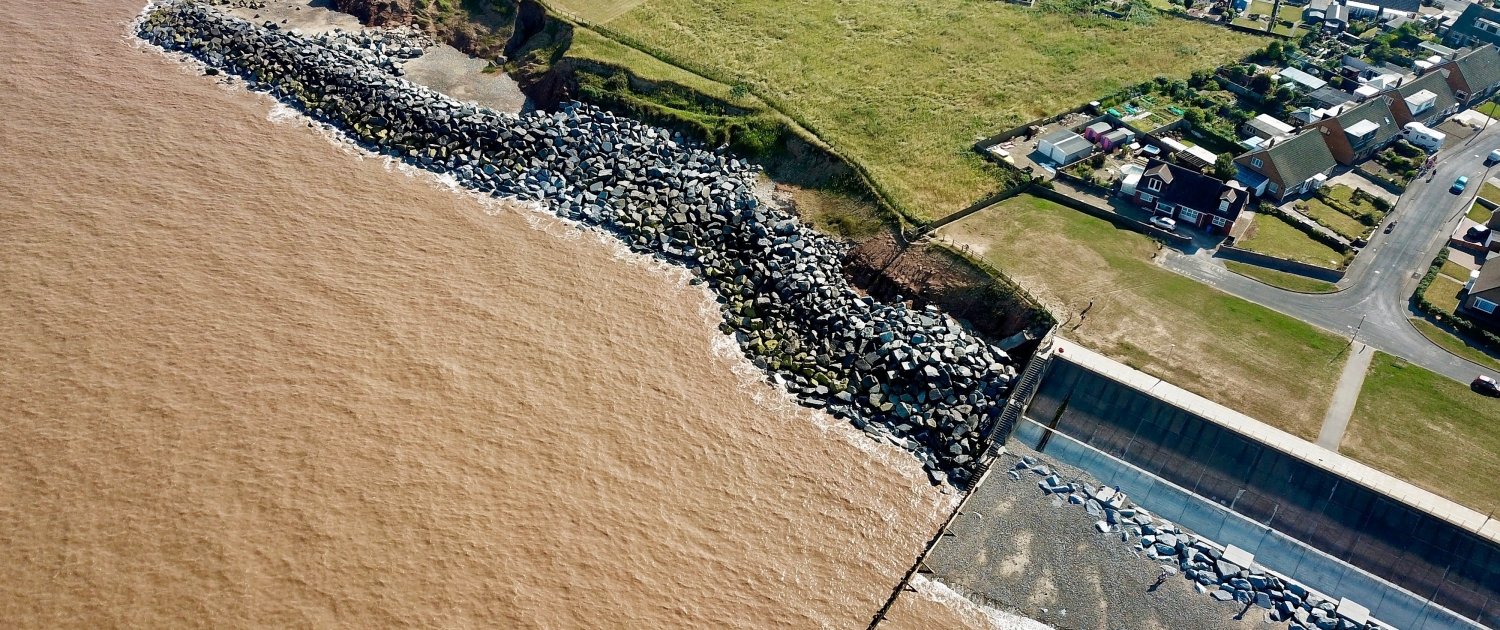Coastal Management Techniques
Identify the hard engineering technique shown in the image.
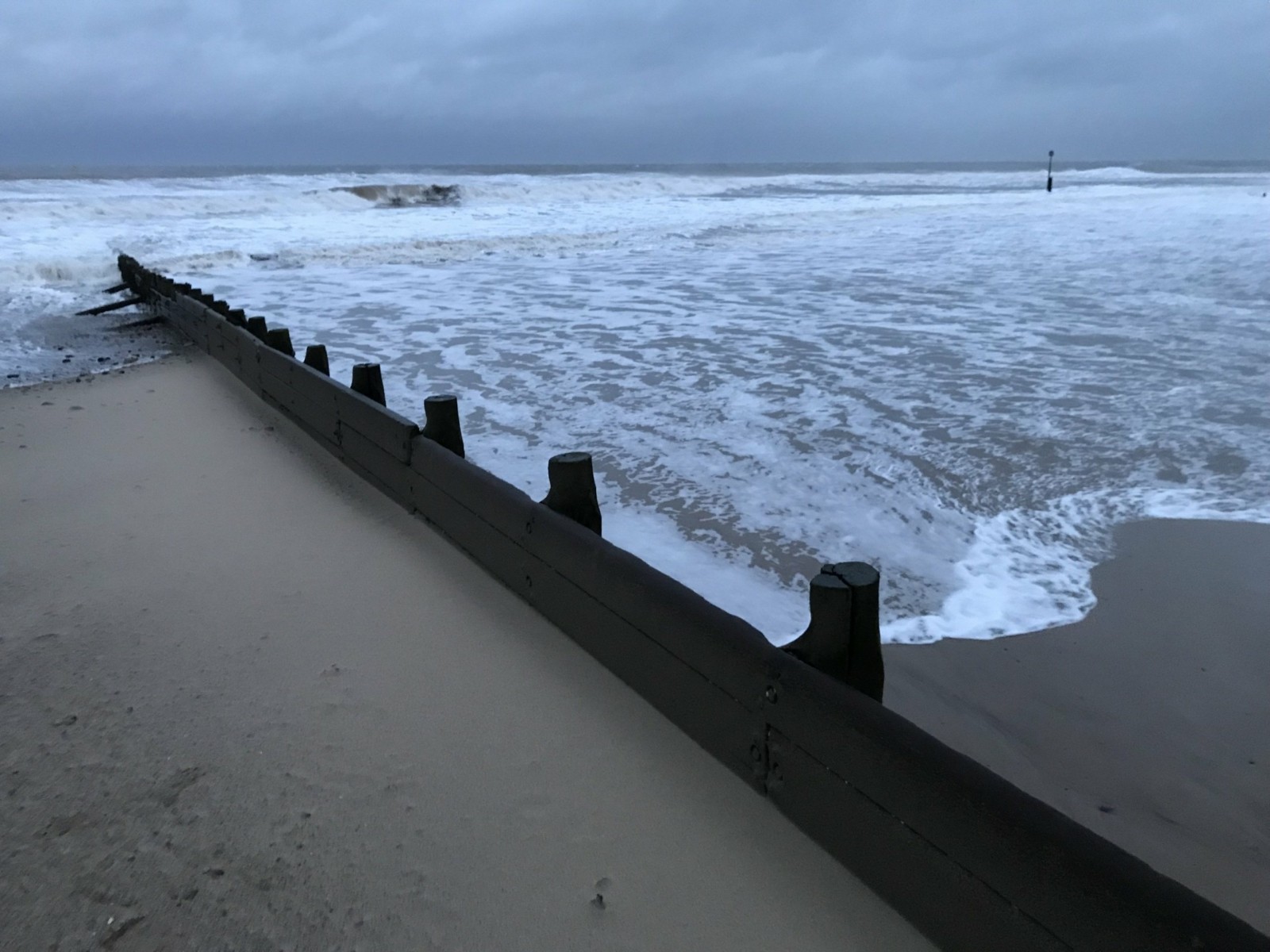 Internet Geography
Internet Geography
Correct!
Wrong!
the image shows a groyne.
Identify the hard engineering technique shown in the image.
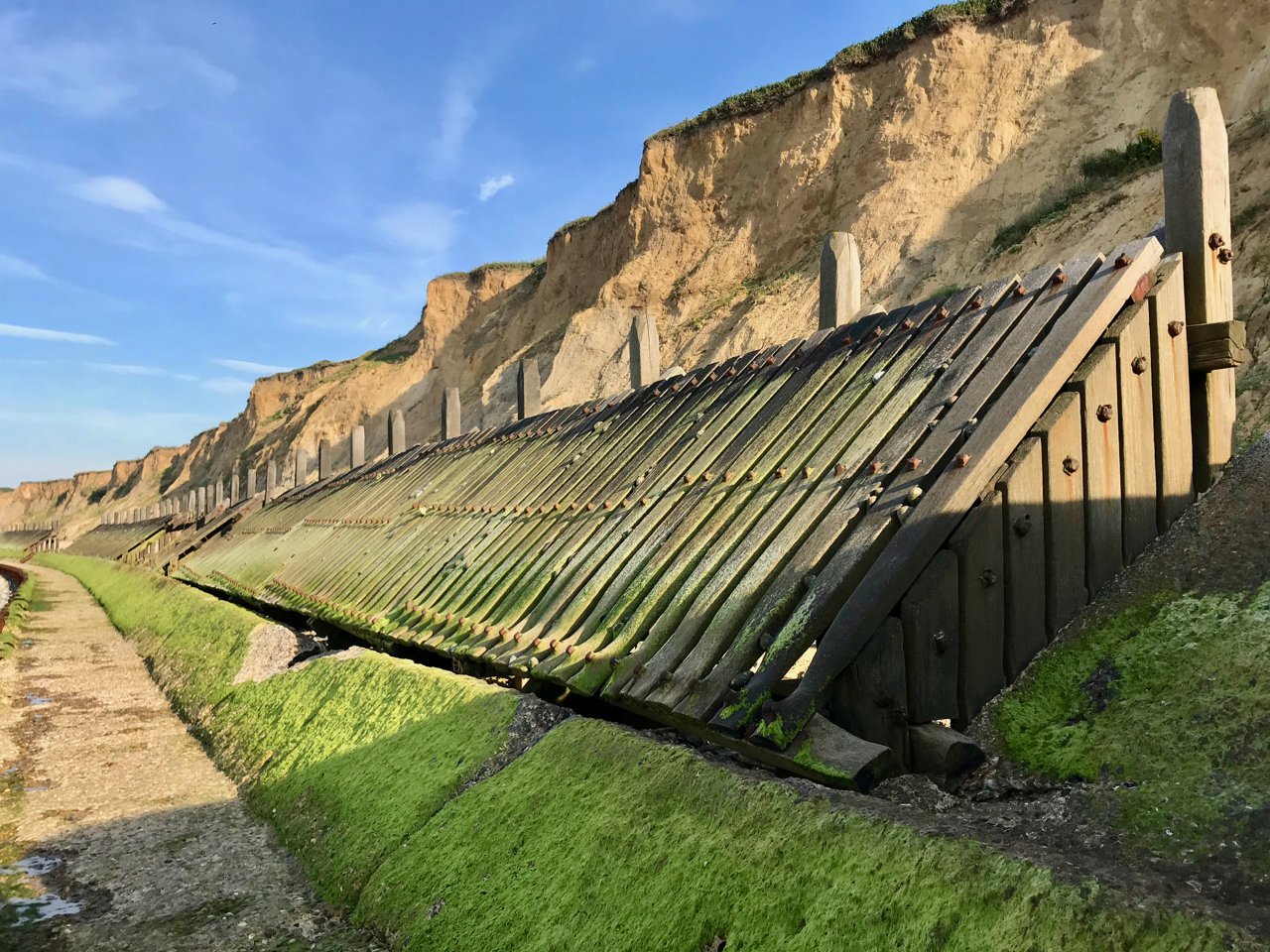 Internet Geography
Internet Geography
Correct!
Wrong!
The image shows a gabion.
Identify the hard engineering technique shown in the image.
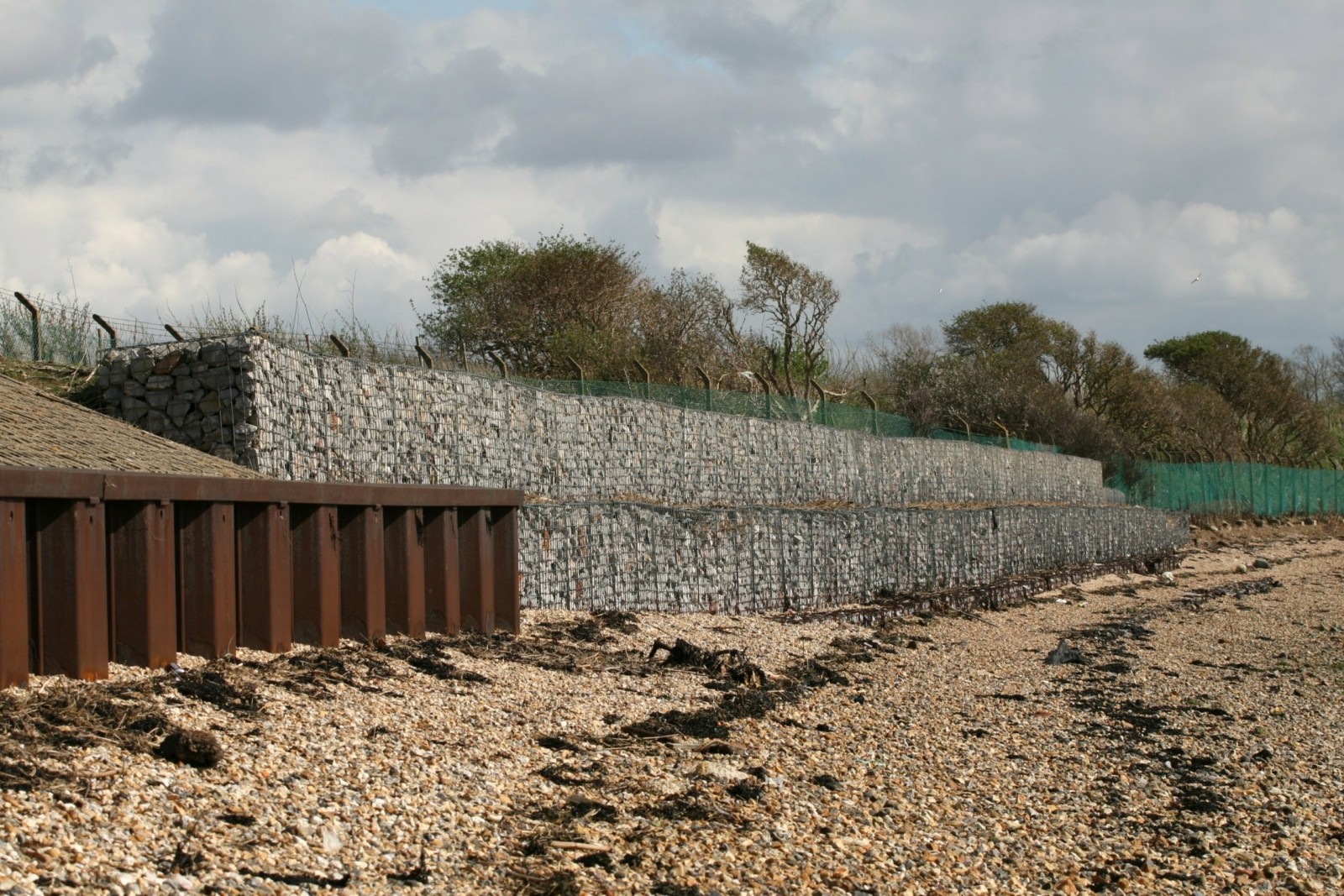
Correct!
Wrong!
The image shows a gabion, a wire mesh containing stones.
Identify the hard engineering technique shown in the image.
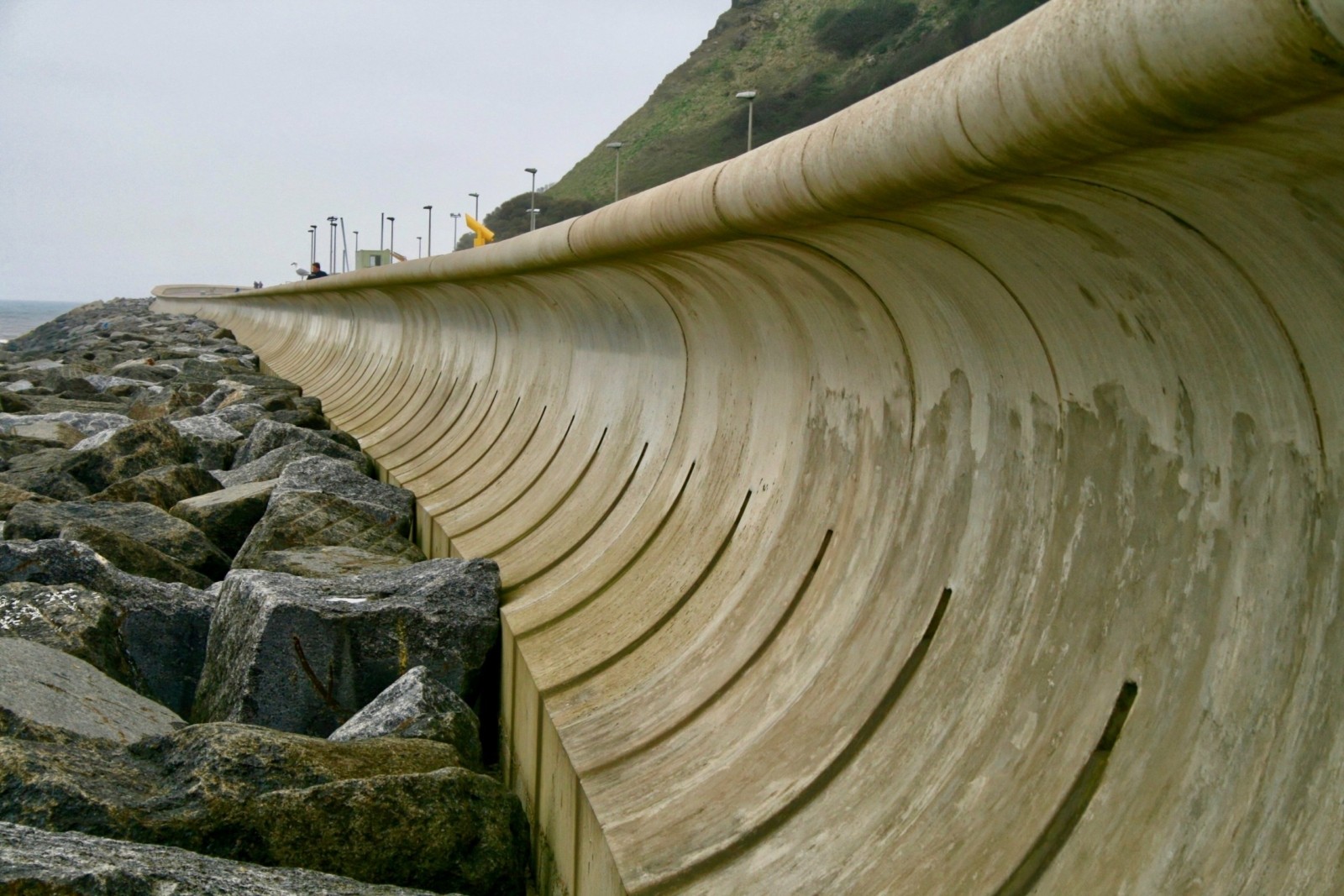 Internet Geography
Internet Geography
Correct!
Wrong!
The image shows a recurved sea wall.
Identify the hard engineering technique shown in the image.
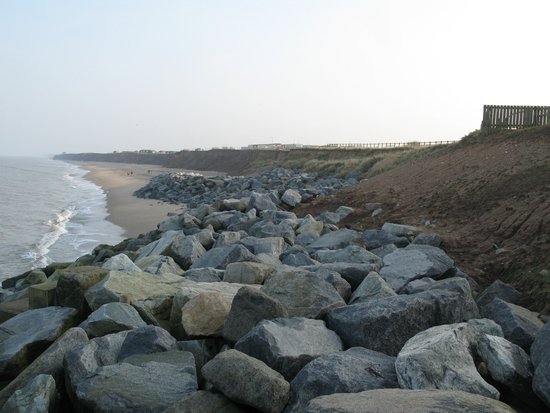 Internet Geography
Internet Geography
Correct!
Wrong!
Which type of coastal management involves building artificial structures that try to control natural processes?
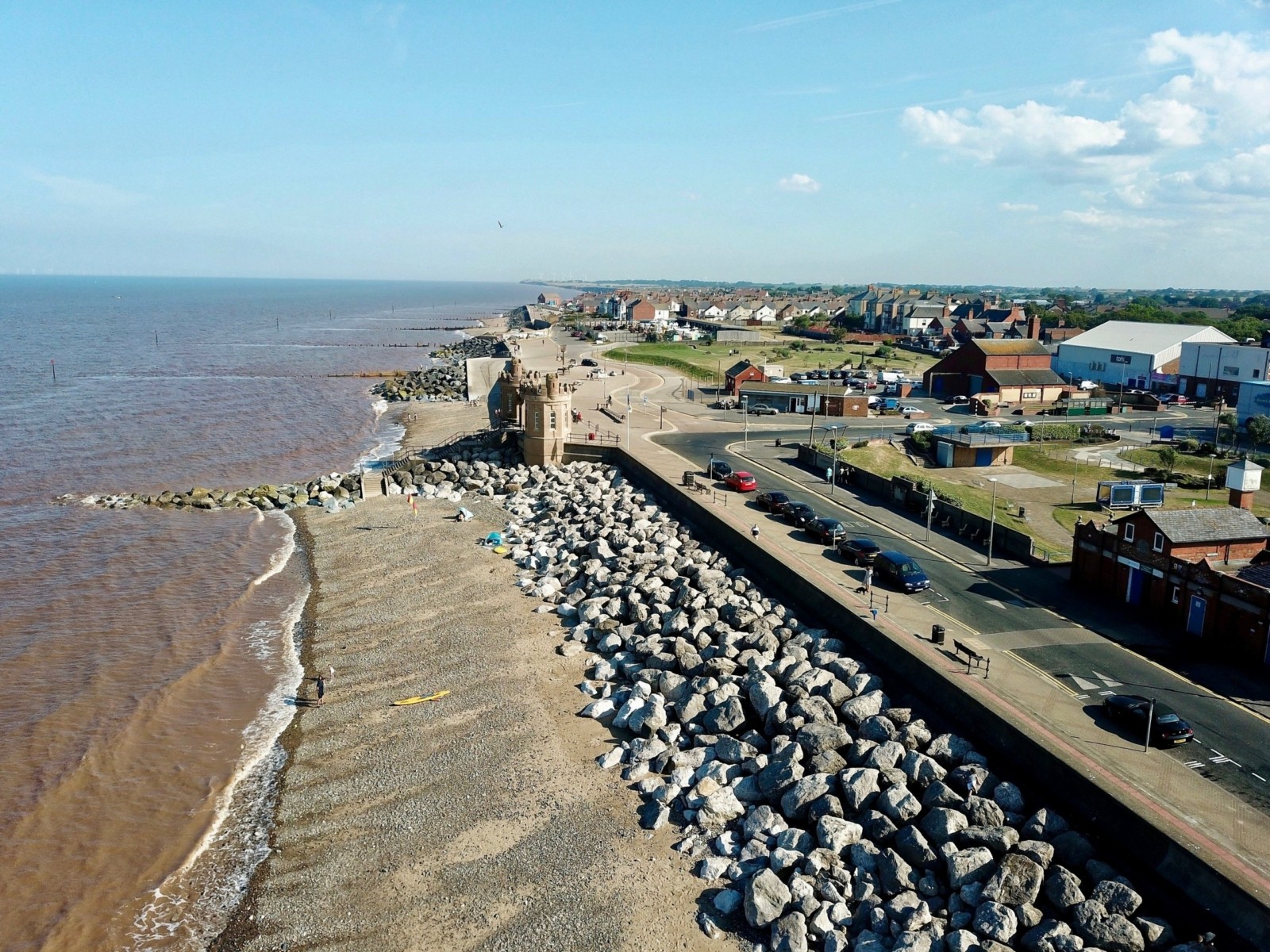 Internet Geography
Internet Geography
Correct!
Wrong!
Which of the following statements does not apply to hard engineering coastal management strategies?
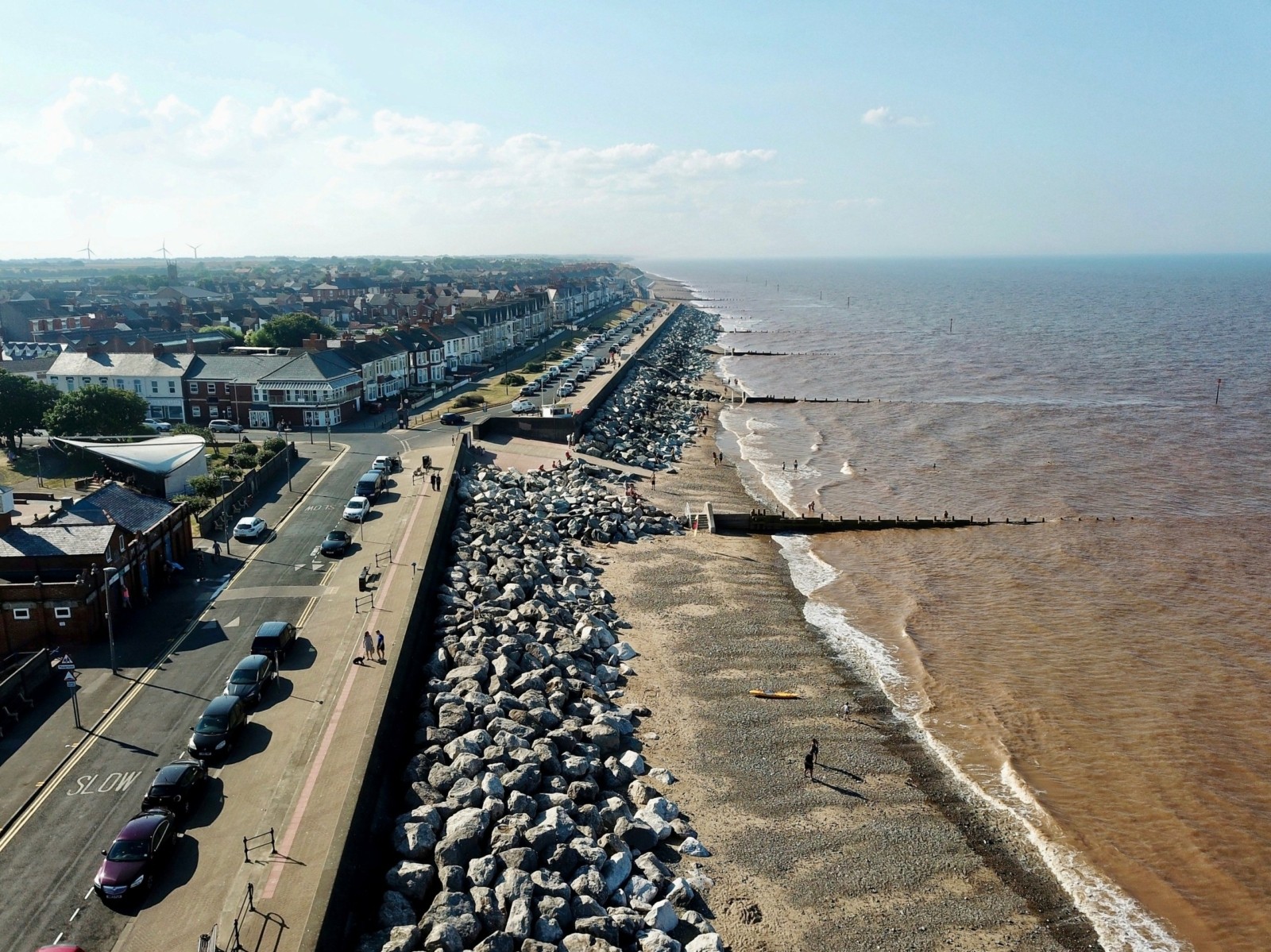 Internet Geography
Internet Geography
Correct!
Wrong!
Hard engineering approaches to coastal management tend to be expensive, last only a short amount of time, are visually unattractive and unsustainable. They often increase erosion in other places further down the coast.
Identify the different types of hard engineering used to protect the coast in the image.
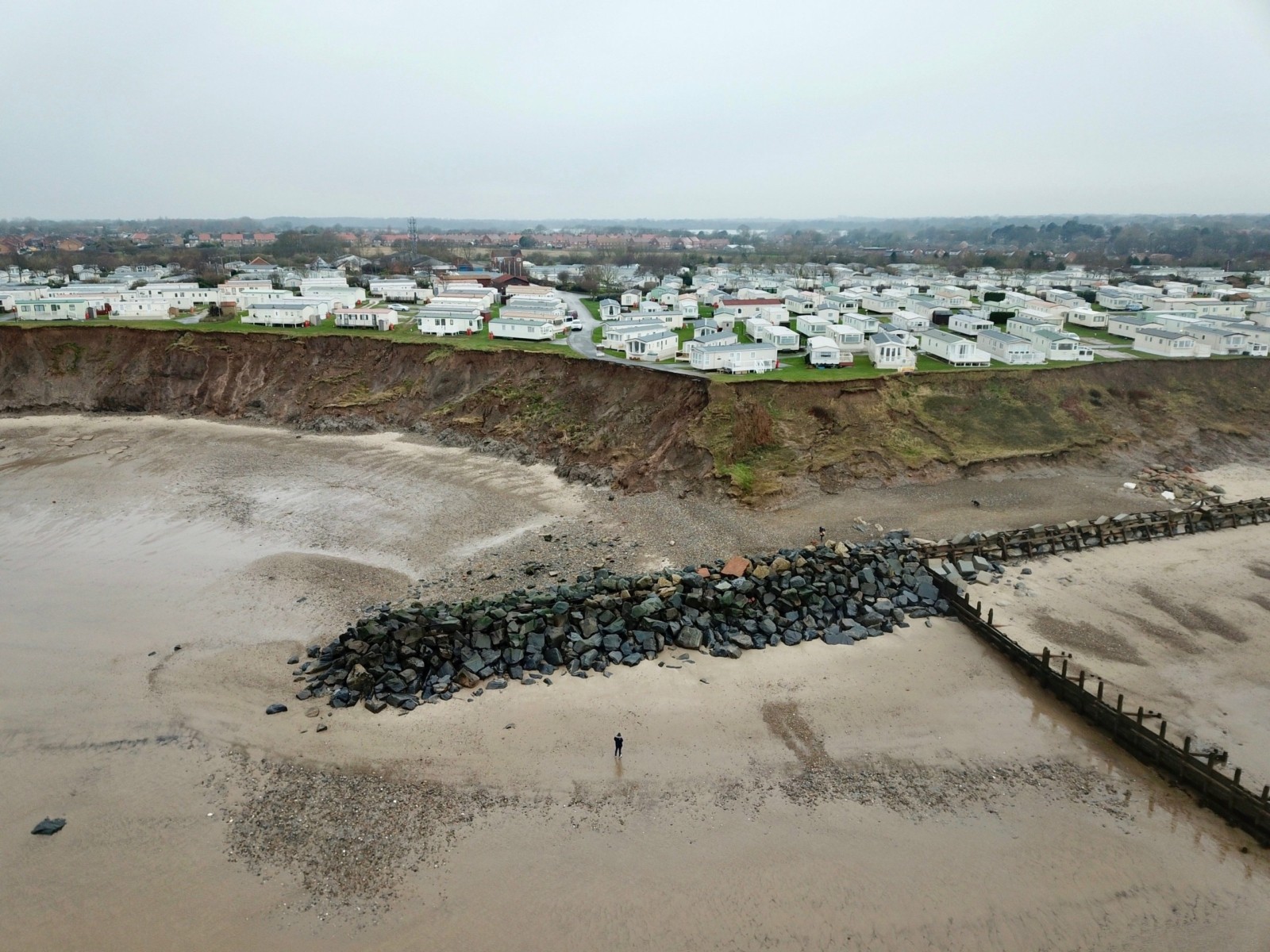 Internet Geography
Internet Geography
Correct!
Wrong!
The image shows rock armour stretching from a gabion and groyne.
Identify the hard engineering techniques used to manage the coast in the image.
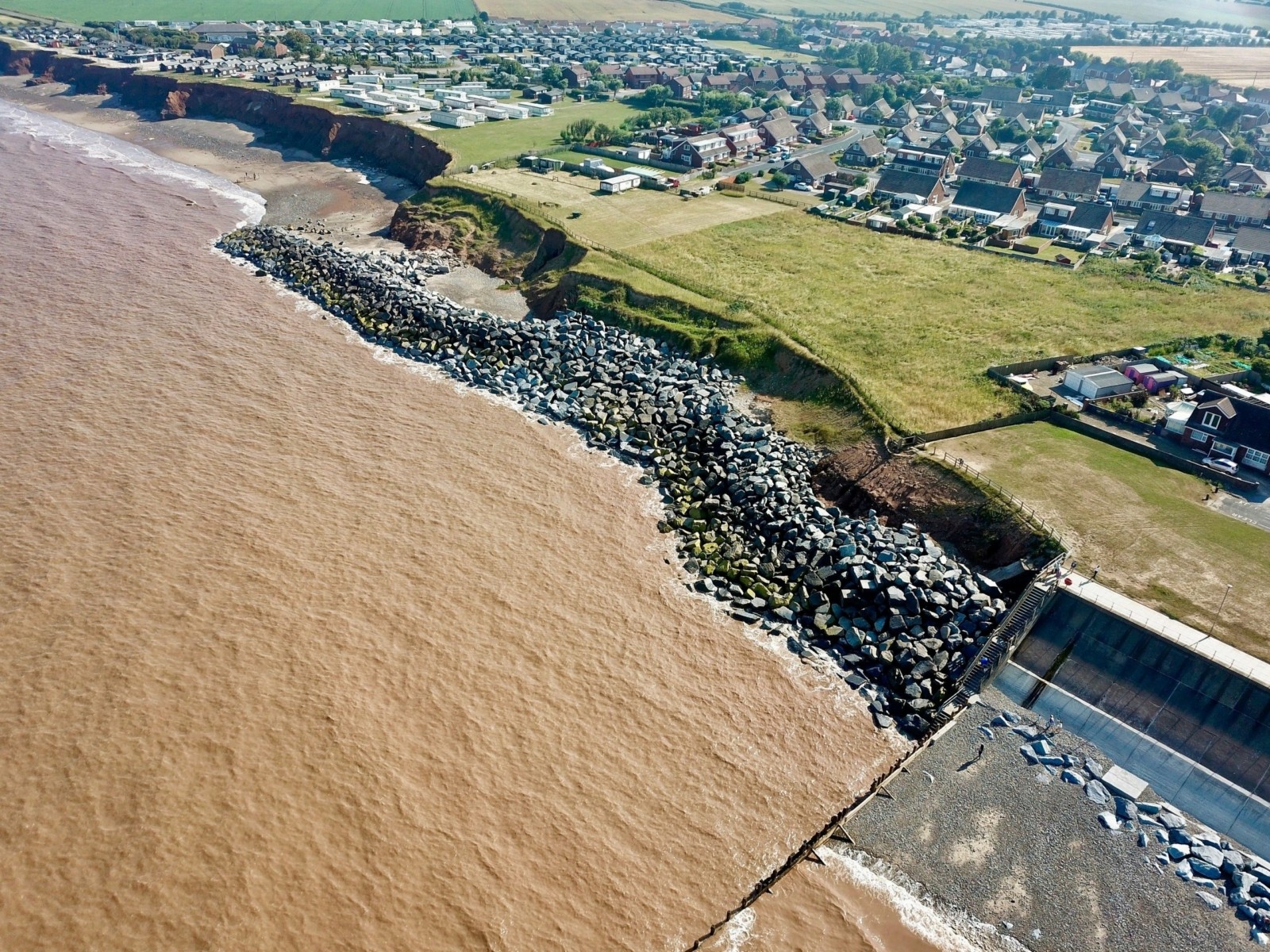 Internet Geography
Internet Geography
Correct!
Wrong!
Sandscaping is a type of hard engineering. True or false?
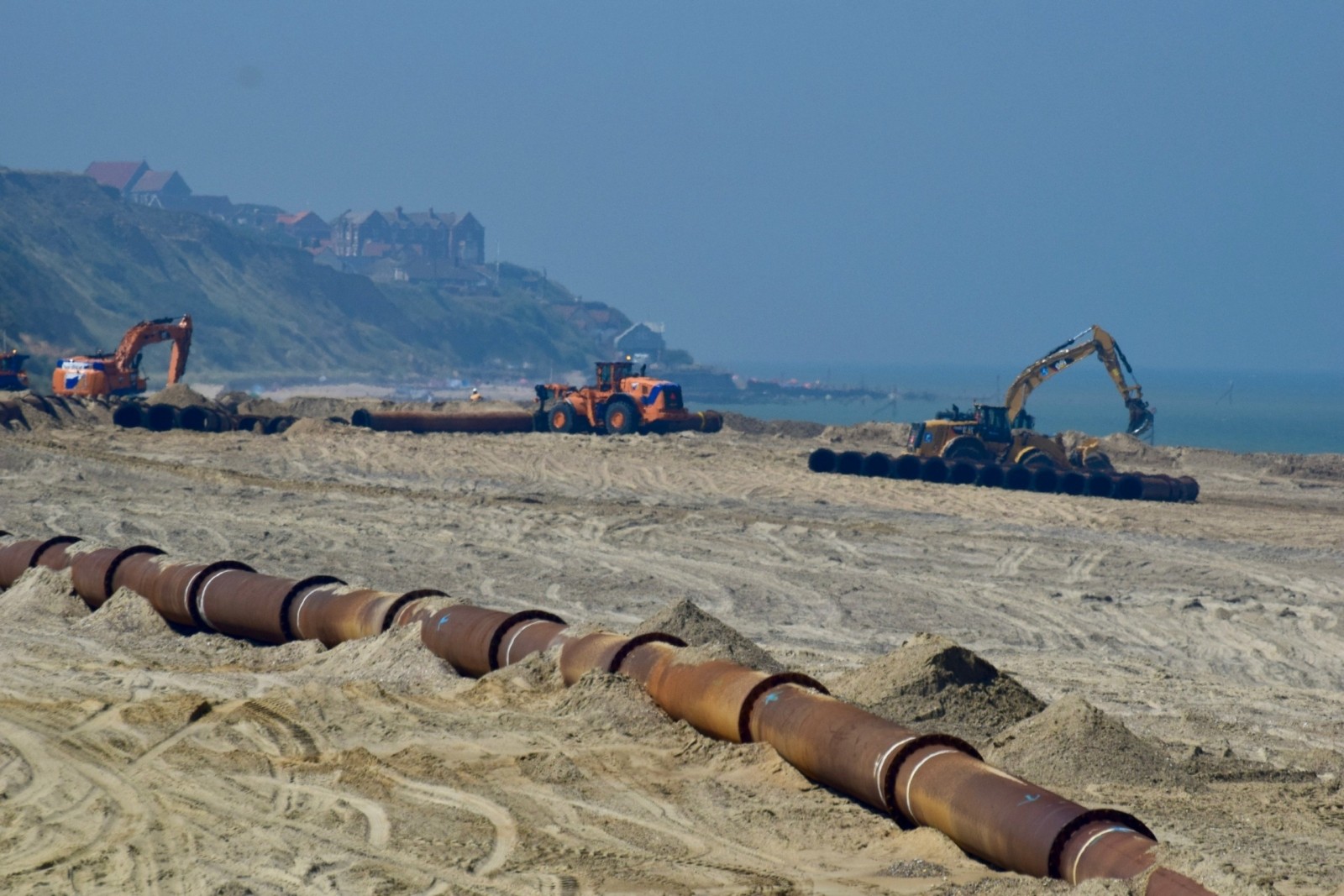 Internet Geography
Internet Geography
Correct!
Wrong!
Sandscaping is a form of soft engineering as it works with nature.
Identify the hard engineering strategy that involves constructing a concrete structure at the top of a beach or foot of a cliff to act as a physical barrier to the sea, preventing erosion or flooding.
Correct!
Wrong!
Identify the hard engineering strategy that involves placing large, extremely tough boulders at the foot of a cliff or against a sea wall, forcing waves to break early, reducing their energy and protecting the coast from their full force.
Correct!
Wrong!
Identify the hard engineering strategy that involves building up cages filled with rocks at the base of a cliff to add support and reduce erosion.
Correct!
Wrong!
Identify the hard engineering strategy that involves timber or rock structures protruding into the sea at right angles to the coast which trap sediment being transported by longshore drift building up a wide, sandy beach.
Correct!
Wrong!
Hard Engineering Coastal Management Quiz
Boom! Well done!

Awesome, well done! You know your hard engineering techniques.
Not bad!

As Thor says, not bad at all. But, let's be honest, it's not brilliant. Give the quiz another go, and don't forget to read up on this area by heading over to our coasts resources using the topics link at the top of the page.
Hmmmm

It would be best if you did some work on coastal processes. Look at our resources under Topics in the menu at the top of the page.
Share your Results:

